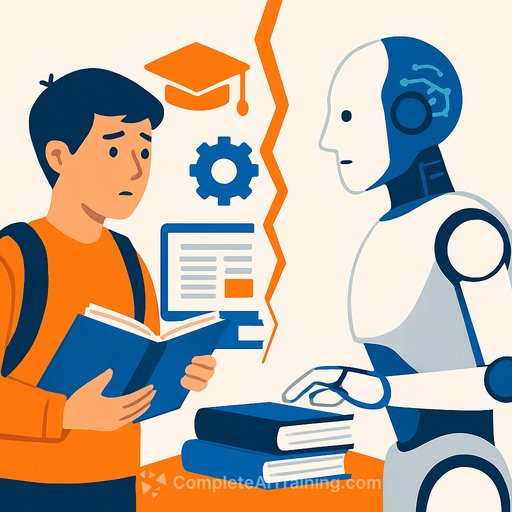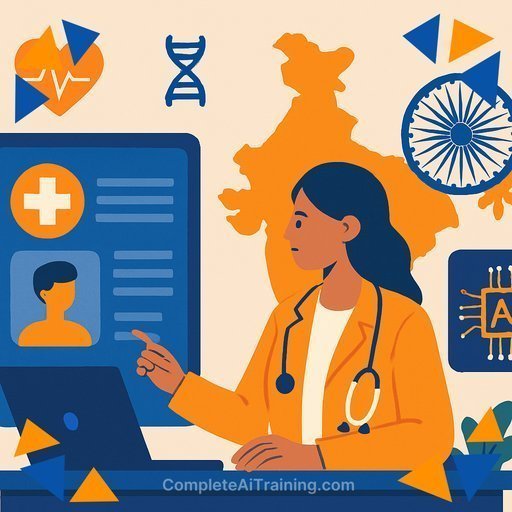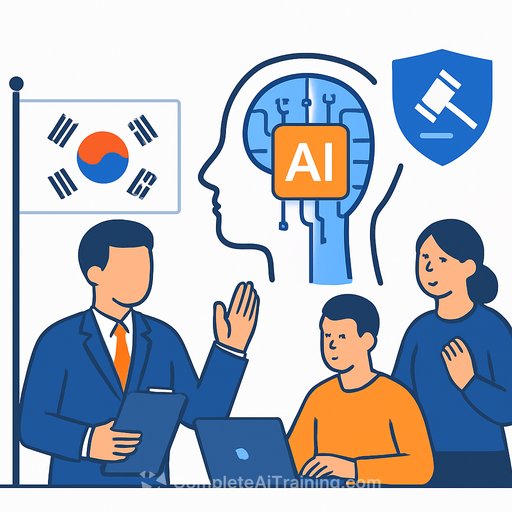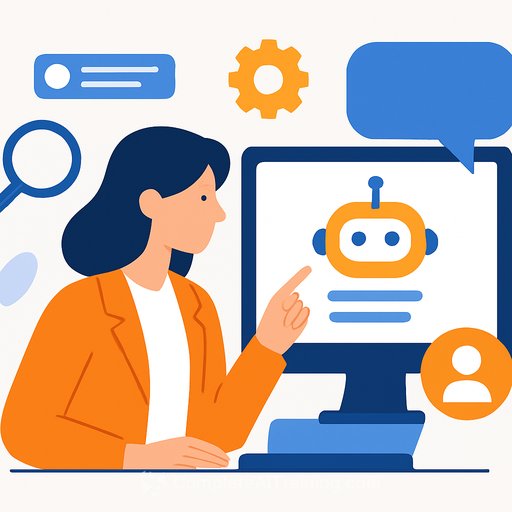South Korea Removes Legal Status of AI Digital Textbooks
South Korea’s National Assembly has passed a bill that immediately removes legal recognition for AI-powered digital textbooks as official teaching materials. The amendment, led by the ruling Democratic Party of Korea, narrows the definition of official textbooks to printed books and e-books only. This excludes learning support software that uses intelligent information technology, effectively ending legal and financial support for AI digital textbooks in schools.
This decision directly affects a project that received at least 533.3 billion won (US$385 million) in funding last year. AI textbooks had been introduced under the previous Yoon Suk Yeol administration and piloted in English and math classes for elementary grades 3 and 4, as well as English, math, and computer science classes in middle and high schools.
Adoption rates for these AI textbooks stood at about 30 percent, after the program shifted from mandatory to voluntary use following criticism from educators and parents. Schools now face uncertainty in funding for future AI textbook subscriptions. Publishers warn of potential layoffs and restructuring after making significant investments in development. The Education Ministry has announced it will suspend the current review of digital textbooks and provide guidance to schools to minimize disruption.
Food for Thought
- South Korea’s digital education ambitions have faced repeated setbacks over decades
South Korea has pursued digital education goals for more than a decade with mixed results. Back in 2011, over half of South Koreans aged three and older were already using e-learning platforms. The Ministry of Education had plans to eliminate paper textbooks entirely by 2015, targeting digital textbook adoption in elementary schools by 2014 and middle and high schools by 2015. - Nearly a decade later, AI textbooks face similar challenges: low adoption rates around 30 percent and resistance from educators and parents. One major barrier identified earlier was the persistence of paper-based entrance exams, highlighting that assessment systems must evolve alongside teaching materials for digital transformation to succeed. This demonstrates how educational technology often struggles against institutional inertia despite government funding or political support.
- Educational technology companies face extreme political risk in government-dependent markets
The withdrawal of legal status for AI textbooks shows how publishers relying on government education policies can face existential threats when political priorities shift. Companies invested an estimated 800 billion won in AI textbook development, expecting government mandates to guarantee adoption. Instead, the ruling party’s legislative change immediately removed the legal foundation for their business model. - This political volatility has created a crisis in the publishing sector, with potential layoffs looming. One publisher noted many companies hired researchers and engineers specifically for AI textbook development who now risk losing their jobs. The binary classification of educational materials—whether something qualifies as an "official textbook" or not—amplifies political risk. Publishers have resorted to solo protests outside the National Assembly, illustrating the vulnerability of politically dependent business models.
For legal professionals monitoring education and technology law, this case highlights the importance of anticipating regulatory shifts and political risk in public sector-dependent markets.
Your membership also unlocks:






